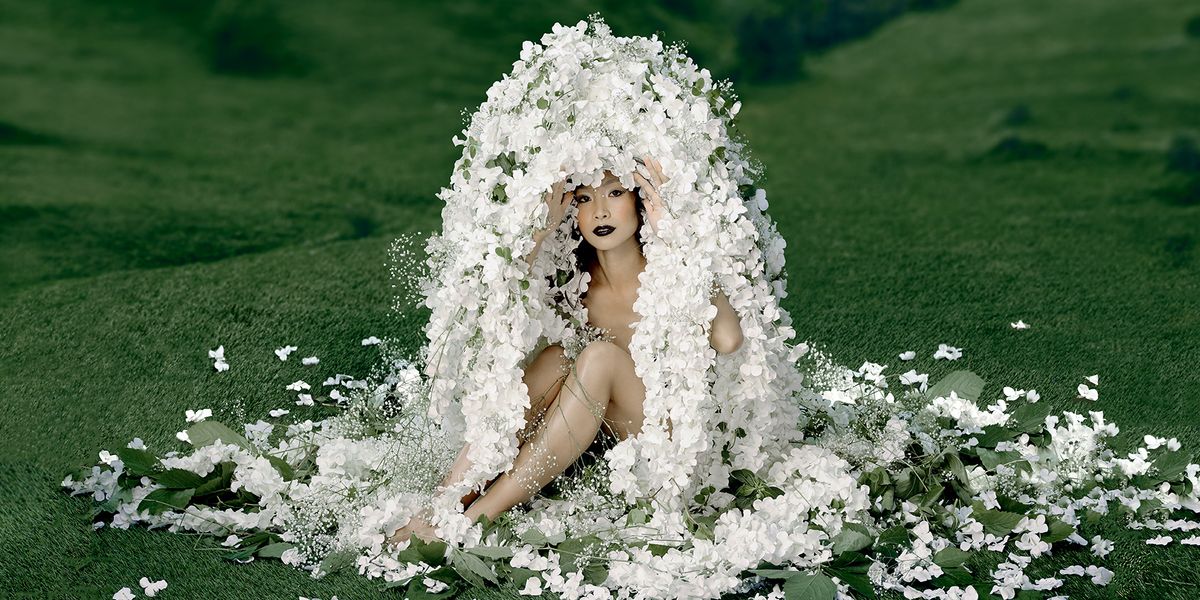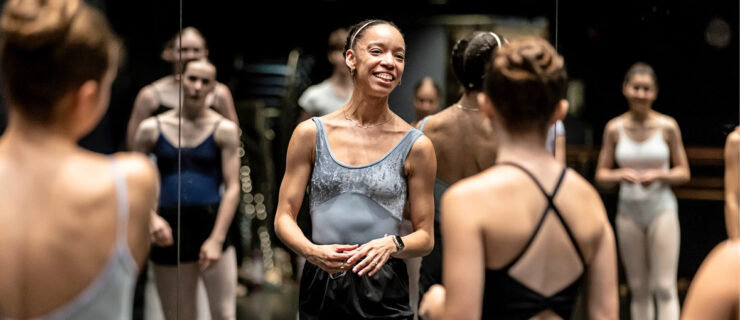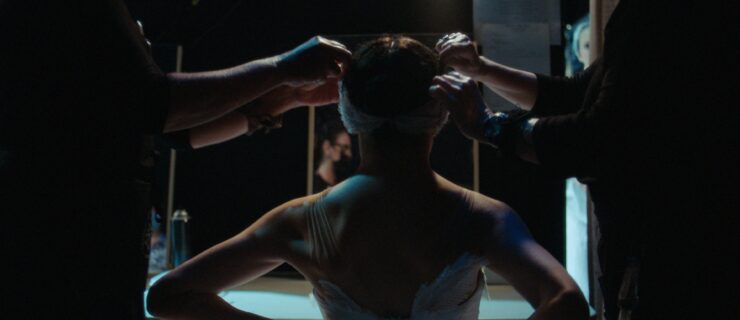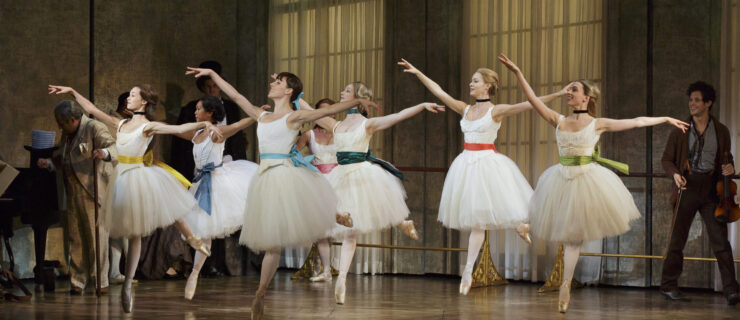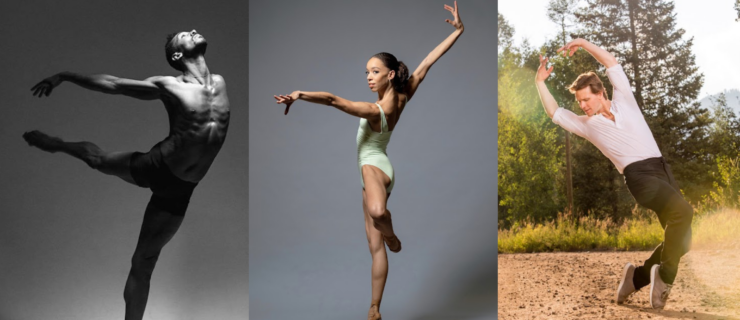After Petition and Public Outcry, Les Grands Ballets Canadiens de Montréal Rebrands Male-Choreographed "Femmes" Program
The latest front in the controversy over the underrepresentation of female choreographers in ballet is at Les Grands Ballets Canadiens de Montréal. They’re facing a petition and choreographer resignation that forced them to rebrand a season and publicly defend their programming.
On February 26, artistic director Ivan Cavallari, who started the job in the summer of 2017, announced the 2018-2019 season, which included a program titled Femmes. The program announcement said the evening would have “woman as its theme,” and that Cavallari had “chosen three distinctive voices, rising stars of choreography, to undertake this great subject.”
The three voices Cavallari chose to create on the theme of women, however, were all men.
“This was just too much for me, it was the last straw,” says Kathleen Rea, a former member of National Ballet of Canada who now freelances, choreographs and teaches in Toronto. Rea says she’s been bothered by the dearth of women choreographers throughout her career. But referring to women as “subjects” and excluding them from choreographing on a program about them compelled her to take action.
She started a petition, which currently has almost 3,000 signatures, calling for a female voice to be added to the program and for the marketing language to be more sensitive to women. Press attention, both local and international, immediately followed.
Then, one of the program’s choreographers, Medhi Walerski, pulled out in protest.
“I am aware of the pervasive misrepresentation and lack of predominance they (women) have been often subjected to in their own careers, and I do not stand for that,” he said in a statement. “It’s time to question and revert the pervasive gender imbalance.”
Cavallari responded by changing the name of the program to Parlami d’Amore, an Italian phrase that means “let’s talk about love,” saying “I didn’t want to talk about women as objects, but from a broader perspective: in relation to life, to love and to the Earth.”
Cavallari will replace Walerski with a different choreographer, but will not budge on the gender issue here, saying the replacement will be male.
In a statement, the company pointed out that they have two women choreographers on the program this year: American Bridget Breiner (whose Firebird premieres March 15) and Annabelle Lopez Ochoa, who is creating the full-evening narrative Vendetta: Storie de Mafia. They also said that another full-evening work, Lady Chatterley’s Lover, will be created by choreographer Cathy Marston next year. An all-female triple bill is planned in two years, for the 2020-2021 season.
Cavallari invited Rea to Montreal to meet with him, at her own expense, on Monday. Rea says that Cavallari listened to her concerns but did not change his mind on replacing Walerski with a male choreographer. According to Rea, he shared that he’s exploring “a symposium to discuss gender issues in the dance world that could include both ballet and modern dance companies’ from across Canada.”
Maurice Brandon Curry, artistic director of Eglevsky Ballet, says that Cavallari has a right to hire whomever he wishes.
Curry says that he finds the situation alarming. “Cavallari was lambasted before he was able to reveal his plans to produce a similar program for men choreographed by women,” Curry said. He added that directors are free to make artistic choices and should not be subjected to pressure from a mob mentality. “Is this the world we now live in?” he asked.
Dancers at Les Grands are represented by Canadian Actor’s Equity Union, which reminded company members that their contract requires them to obtain written permission for any public appearances or statements. Their contract states: “A Dancer has an obligation of loyalty towards the Company and shall refrain from making any statements or behaving in a manner that could be detrimental to the reputation or business relations of the Company.”
In light of this, two dancers, one male and one female, agreed to comment on the situation anonymously.
The female dancer says that she was disappointed that Les Grands wasn’t leading the way on gender. “Montreal is a progressive city with a woman mayor—gender equality is important here,” she says. “The art in the city should reflect that.”
To the male dancer, the situation is mainly a marketing failure. “It was tone deaf in our current times to present this program and describe it this way,” he says. “But Ivan has invited women to create full-evening works, and he’s featuring them on other programs. He’s not ignoring women choreographers.”
On Tuesday, Cavallari held a company meeting with the dancers and encouraged them to speak freely, promising no retribution and stating that he respects their opinions. The female dancer says he seemed open to their feedback, but she was disappointed that he referred multiple times to the press attention as a “bomb,” when she sees it as a plea for sensitivity. He didn’t offer a clear explanation of why he wanted the program to be an all-male perspective.
The dancers say that company morale has taken a hit from the controversy. The mood was already tense they say, as most companies are when a new director implements changes. The Femme program disrupted what they say has otherwise been a steadily improving situation.
“I feel positive about Ivan overall,” the female dancer said. “It’s unfortunate he made this error in judgement.”
